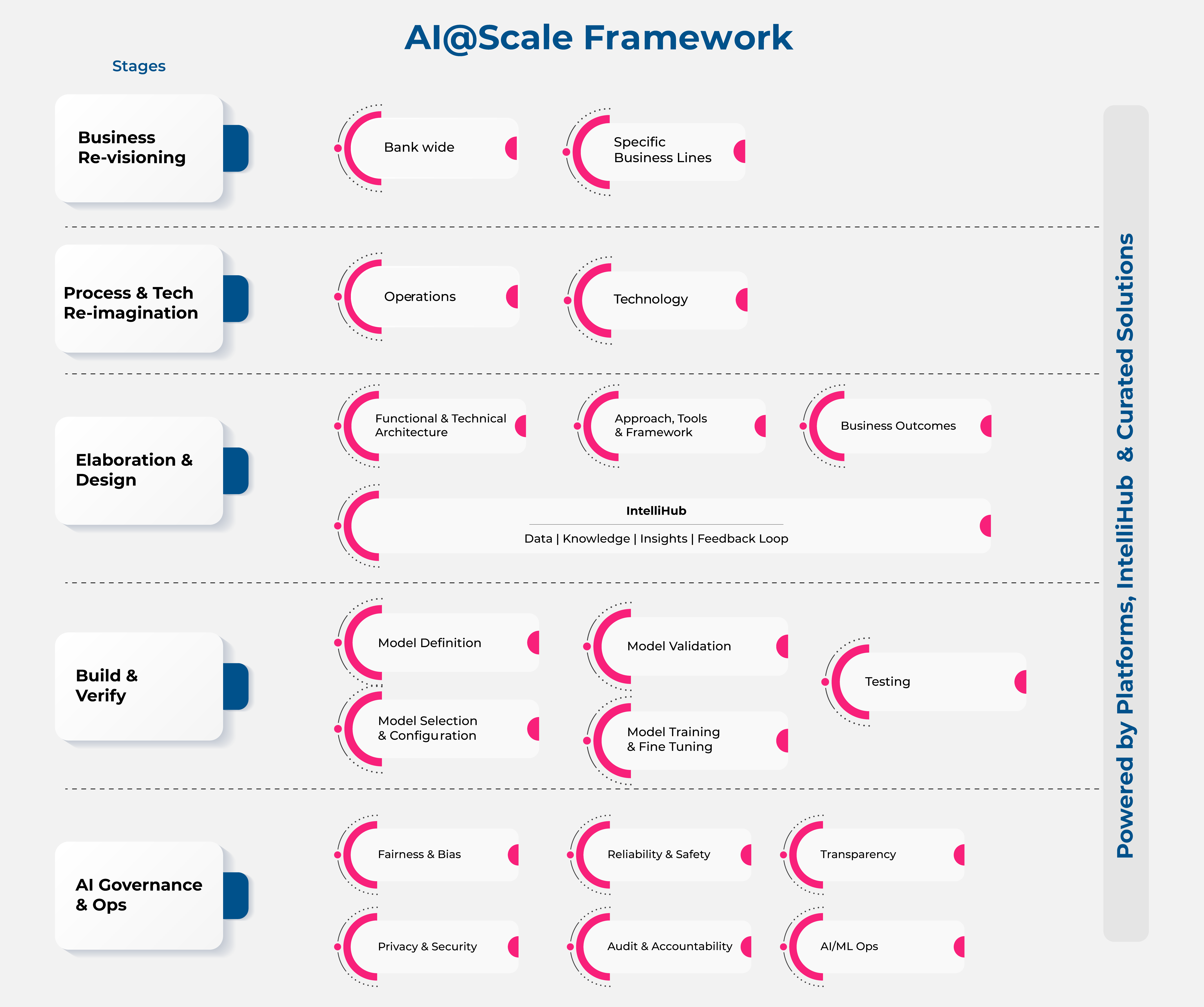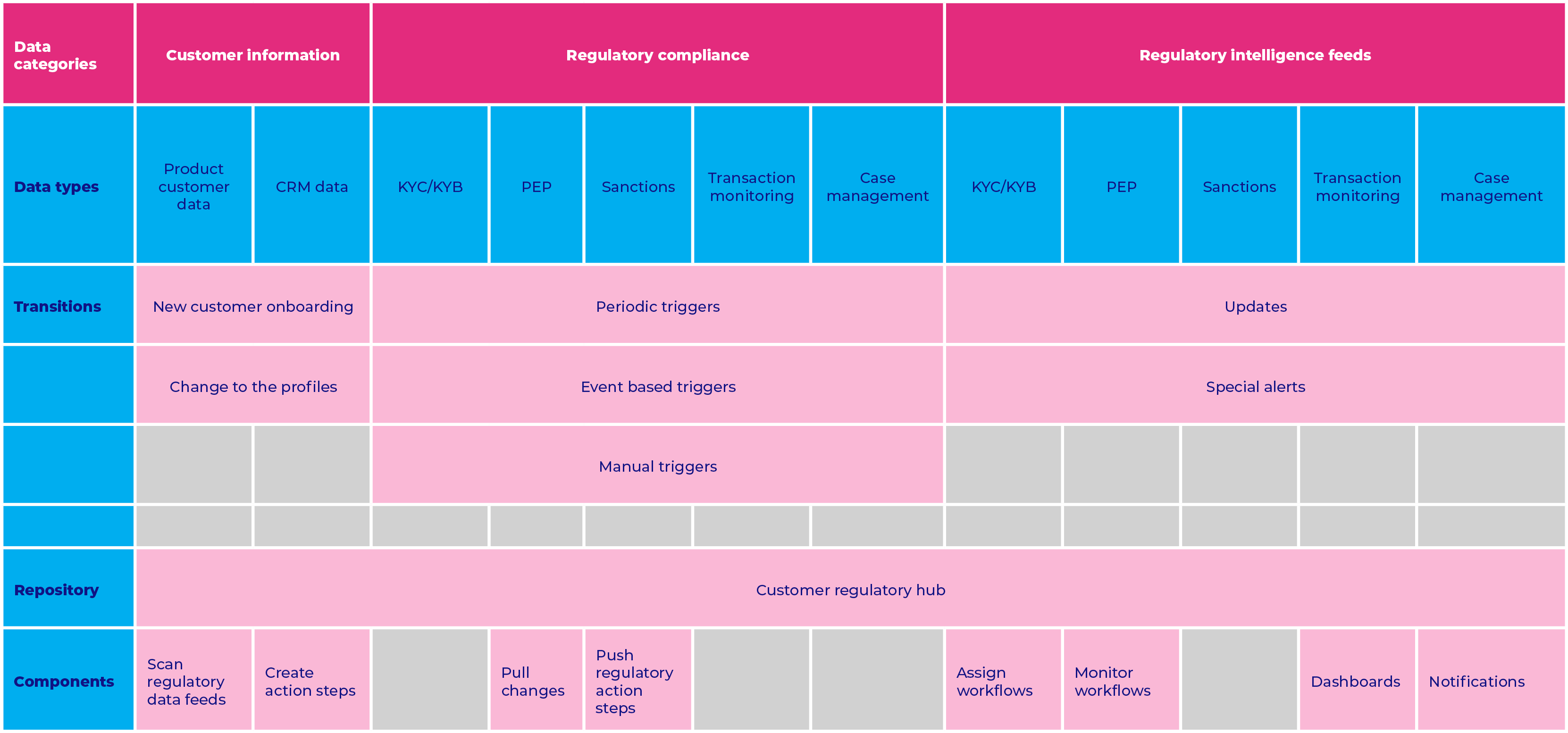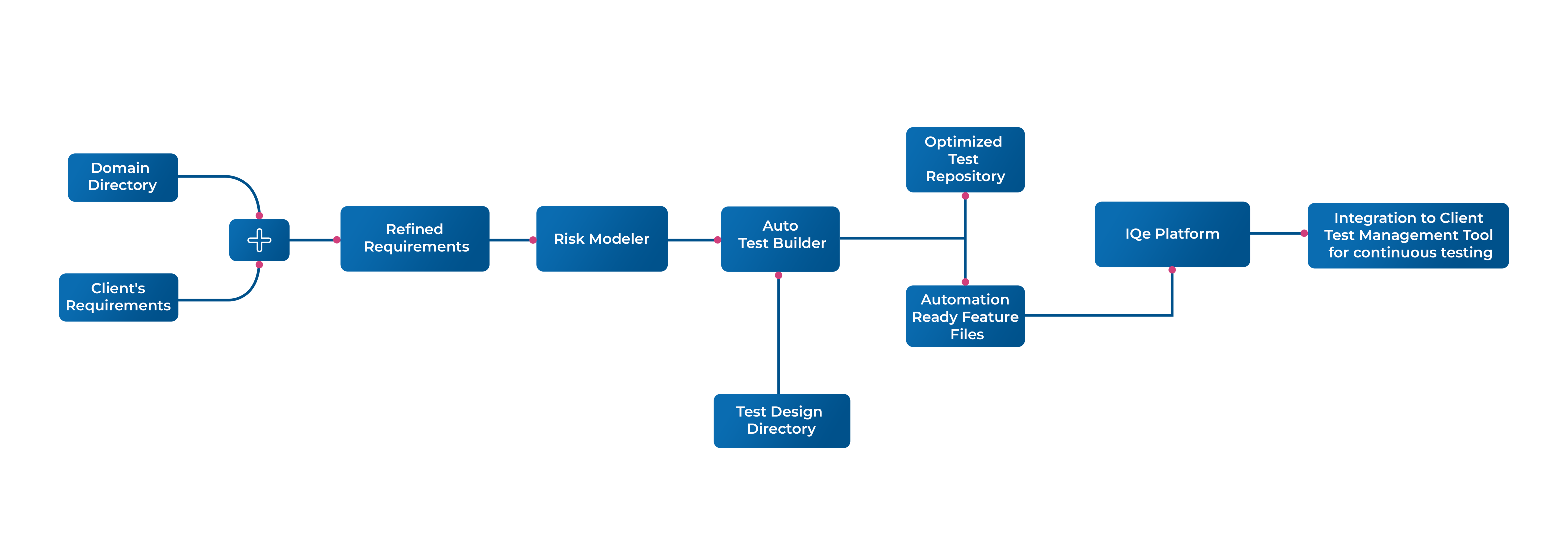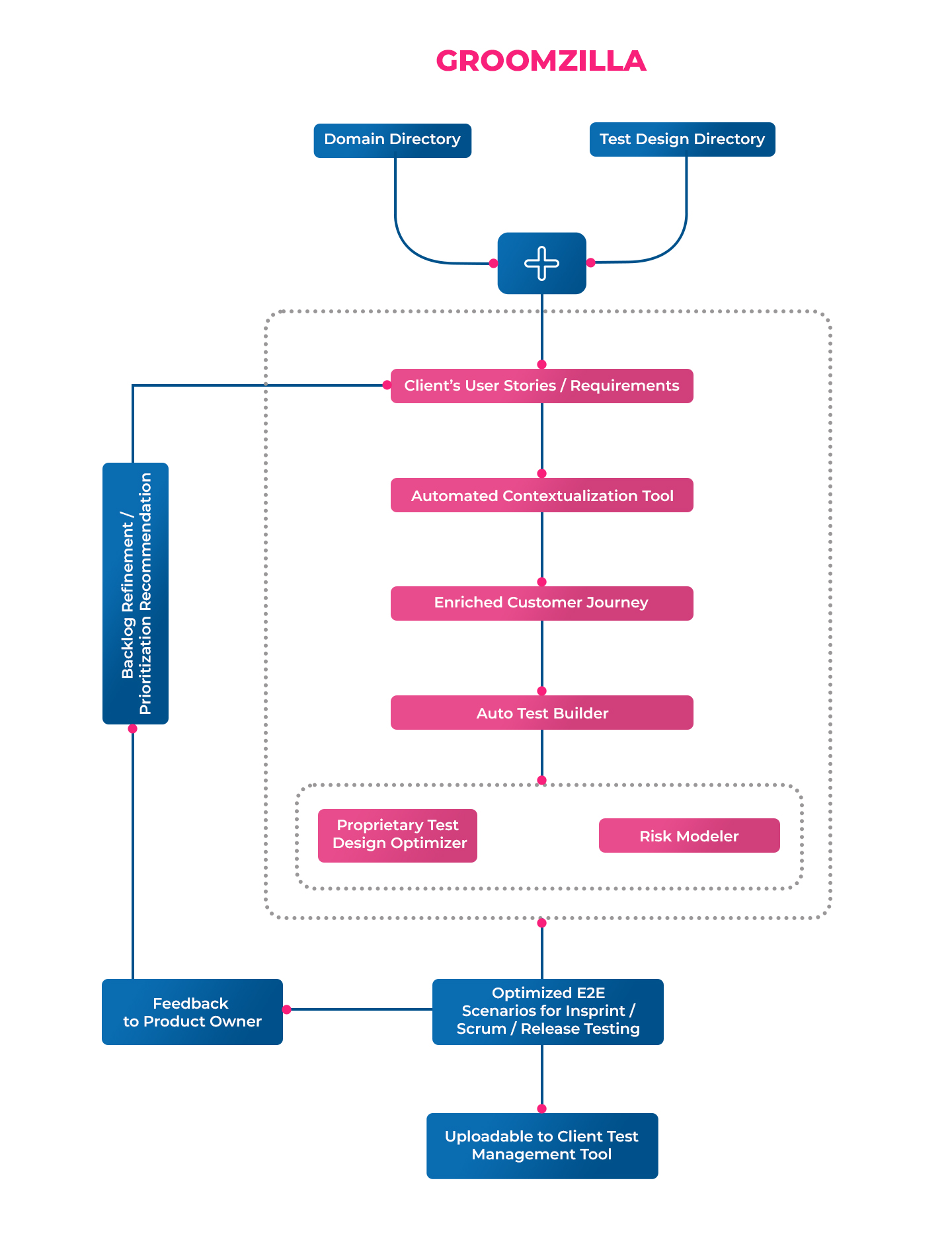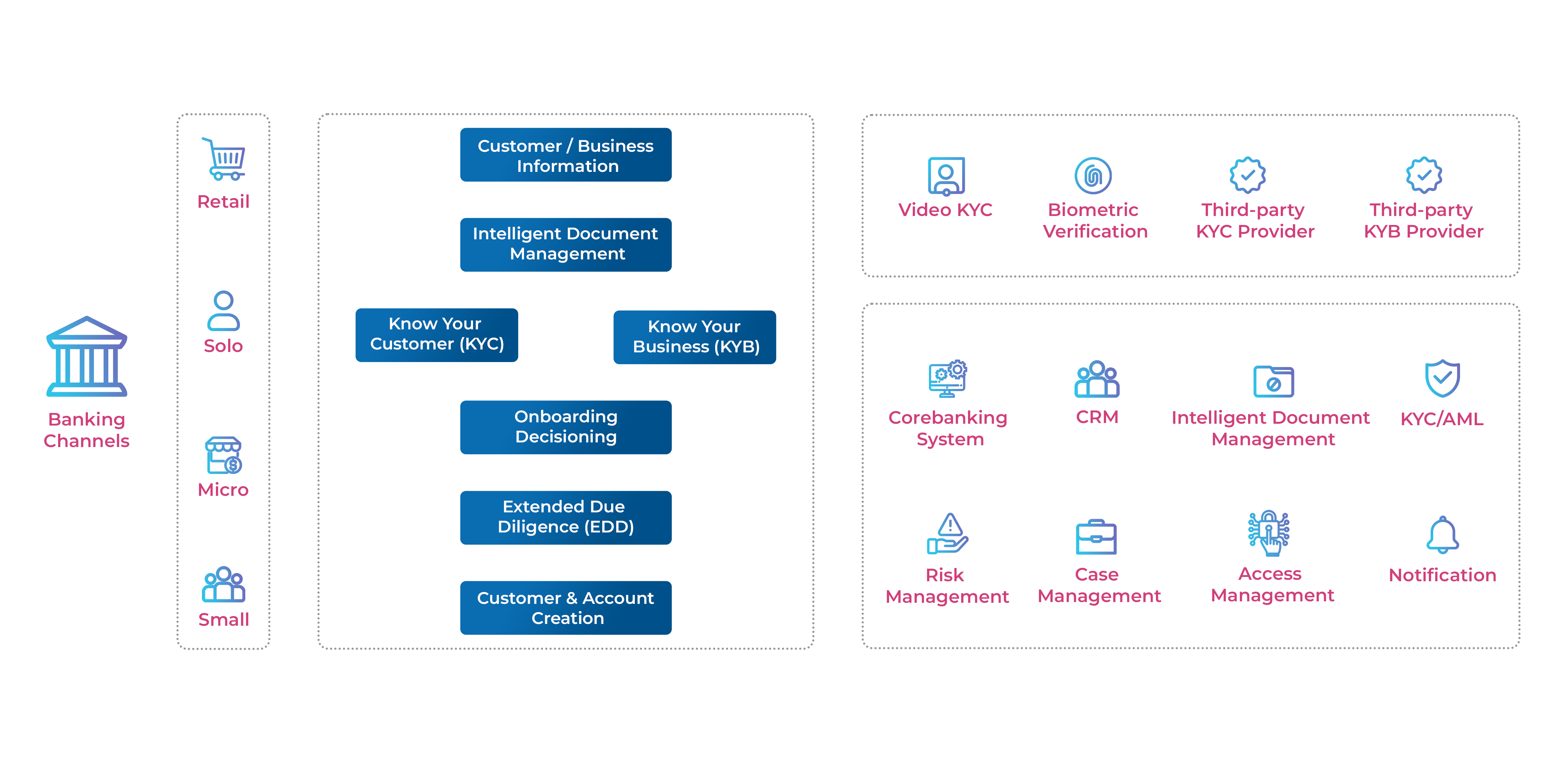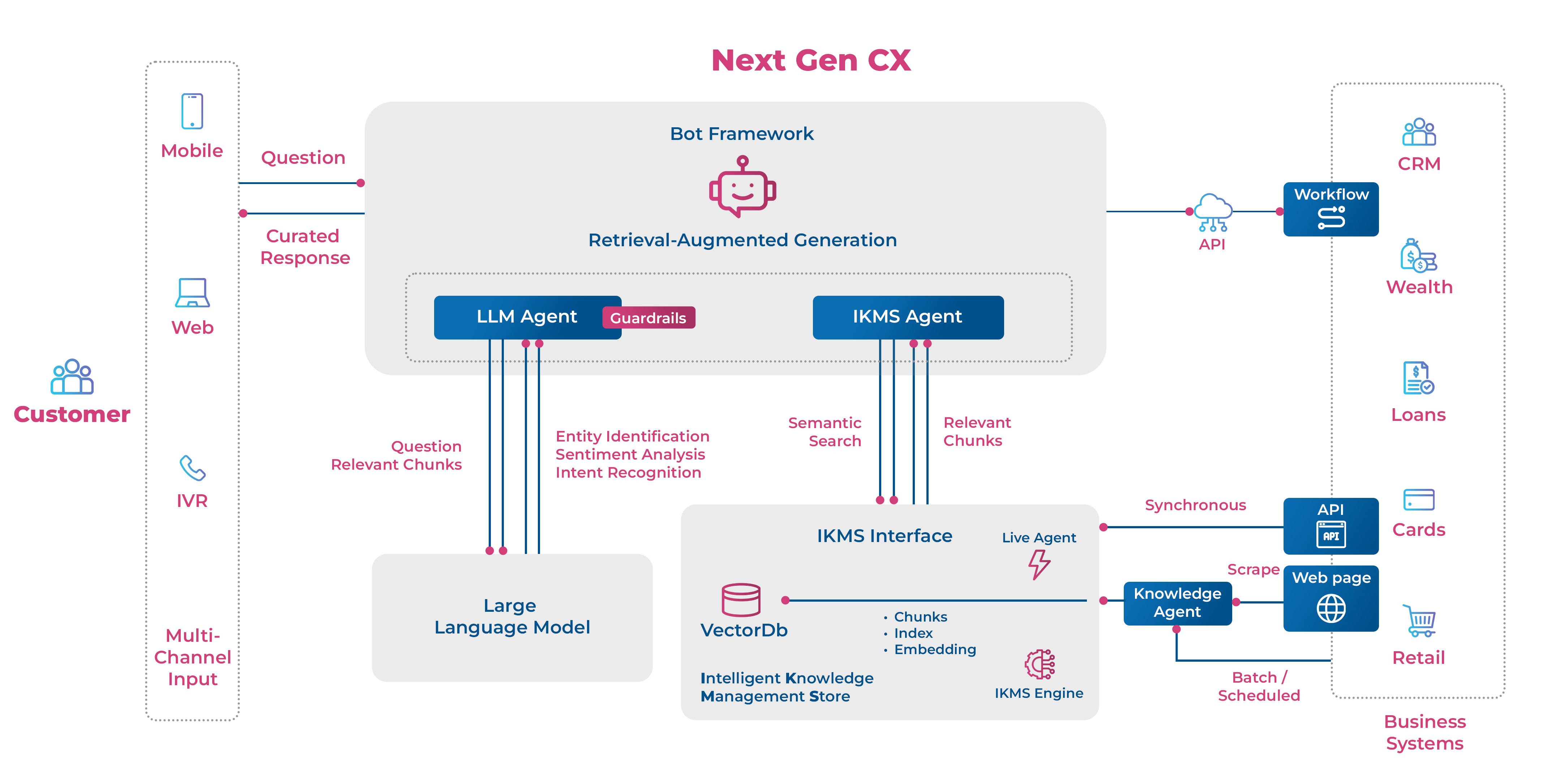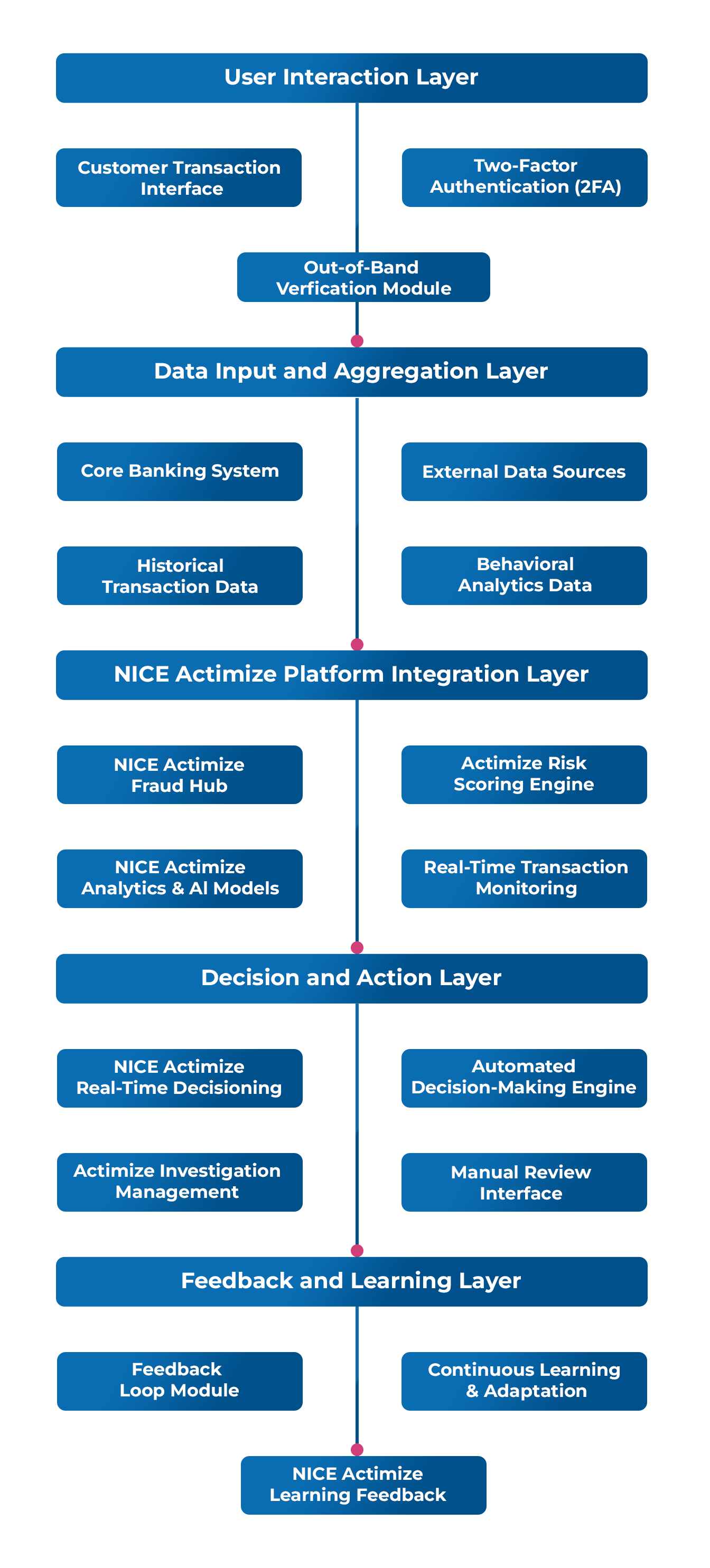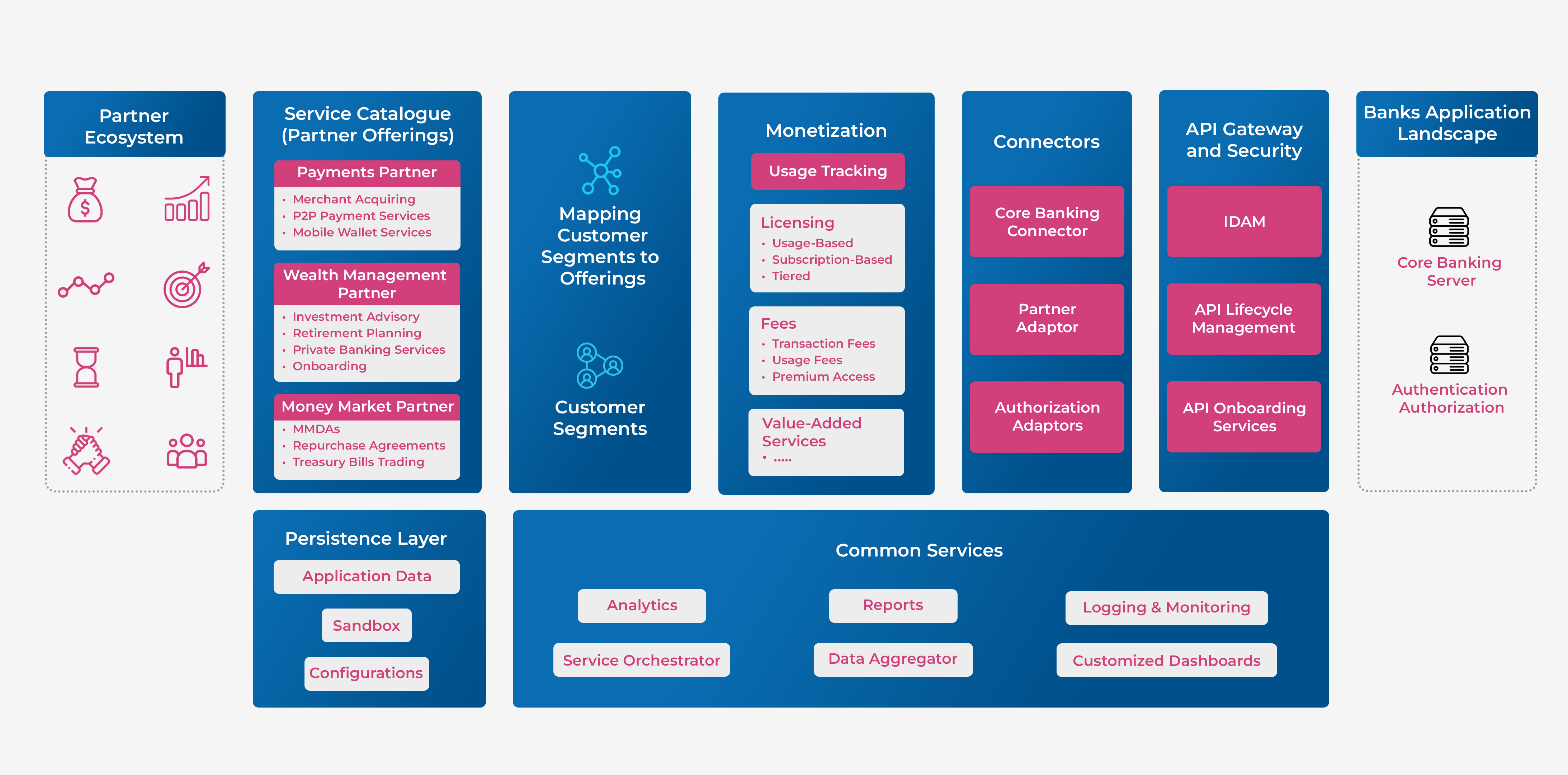Regulatory compliance aims to ensure the bank operates within regulation, safeguarding its integrity and industry reputation. The function oversees multiple duties: protecting bank data, avoiding government fines, avoiding tax evasion, monitoring and reporting anti-money laundering activities, assessing risks, and ensuring zero violation of banking ethics.
The Regulatory function achieves its stringent aims by proactively conveying the compliance policy to staff, enforcing an ethical bank culture, and process standardization.
Working with banking domain experts like Maveric on industry-first RegTech Solutions assists leading banks in increasing their innovation potential and achieving growth plays.
List of Financial Data Protection Regulations
- GDPR (GDPR): The European Union’s GDPR is rigorous (EU). It manages EU data and online privacy.
- PCI-DSS (PCI DSS): Financial data security guidelines protect consumer data. It standardizes processing, storing, and sending cardholder data.
- Gramm-Leach-Bliley (GLBA): Financial firms must disclose their data-sharing policies under this law. Protect critical info.
Laws Regulating Financial Compliance
- Sarbanes-Oxley (SOX): After Enron, Tyco, and WorldCom, the US passed the Sarbanes-Oxley Act. The Act addresses financial disclosure and recording by organizations. It will combat corporate fraud and corruption. Financial service compliance requires cybersecurity to protect financial data.
- AML Directives: AML directives prevent money laundering and terrorist financing. It helps standardize EU regulations.
- EMIR: EU MiFID II regulates financial markets. It safeguards investors. It standardizes financial services practices.
The Growing Use Case for Regulatory Compliance in Banking
As technology and consumer habits change, businesses must follow more regulatory guidance. Decades ago, there was no internet or digital assets. These things drive the economy. Thus, effective laws are needed for consumer and corporate well-being. Unsurprisingly, today companies are prioritizing regulatory compliance. Compliance reduces security breaches and data losses. Compliance also prevents license loss, financial fines, reputation damage, and excessive customer turnover.

The Costs of Non-Compliance
The impact of non-compliance with rules and regulations has more than just a monetary impact on your firm. Financial service customers choose reputable providers that comply. If customers read online about a data breach or CFPB penalty, they may hesitate to use your financial services. In addition, lawsuits from customers are a growing risk of non-compliance. Target settled claims for $18.5 million, while Nationwide Insurance was fined $5.5 million. Lawsuits and penalties can hurt your business. For example, if you break FDA laws, you can lose access to consumers that seek third-party assurance on the monies deposited at your bank. However, one compliance blunder can wipe out years of cultivating your company’s reputation with other firms and customers.
Preliminary Steps for Regulatory Compliance
- Complete a Compliance Audit – Understanding the areas where the business falls short and the inefficiencies.
- Assessing the quantitative and qualitative impact on your business. Actionable steps for improving come out of this exercise.
- Appointing a Chief Compliance Officer: A Corporate Compliance Officer is tasked with supporting the organization’s ethics, accountability, and integrity.
- Create Internal Company Policies: Institutionalizing compliance handbook and routine self-assessment exercises keep the employee sharp across various regulations.
- Regulatory Compliance Training: Training employees on updates and changes to corporate compliance policies is vital.
Ensuring Regulatory Compliance
- Industry regulations: Determining which laws affect the firm based on region and industry.
- Establish law requirements: The business and its operations determine the compliance requirements for each law. Assess specific compliance responsibilities.
- Record procedures: Good documentation shows how business practices meet regulatory compliance criteria to avoid fines as and when audited.
- Regularly check standards: Regulations vary with cyber security. To stay compliant, track compliance requirements.
Conclusion
Financial services marketing is heavily regulated for a good reason. Most financial services organizations have had their carefully planned efforts destroyed by legal or compliance. Understanding full regulatory restrictions help FIs strategize and develop around them instead of letting them stifle innovation.
About Maveric Systems
Starting in 2000, Maveric Systems is a niche, domain-led Banking Tech specialist partnering with global banks to solve business challenges through emerging technology. 3000+ tech experts use proven frameworks to empower our customers to navigate a rapidly changing environment, enabling sharper definitions of their goals and measures to achieve them.
Across retail, corporate & wealth management, Maveric Systems accelerates digital transformation through native banking domain expertise, a customer-intimacy-led delivery model, and a vibrant leadership supported by a culture of ownership.
With centers of excellence for Data, Digital, Core Banking, and Quality Engineering, Maveric Systems teams work in 15 countries with regional delivery capabilities in Bangalore, Chennai, Dubai, London, Poland, Riyadh, and Singapore.



